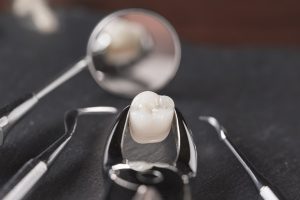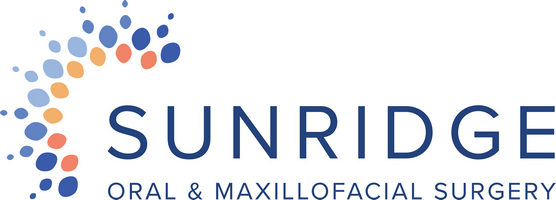Wow, great experience having my wisdom teeth removed which I never thought I’d ever say. Clinic was very organized, all the staff I dealt with was very friendly and helpful, and the extraction and aftercare was excellent. I’d get my teeth removed there again if I could! Very happy!
Pre-Operative Instructions (Sedation/General Anesthesia)
 Extraction (removal) of teeth may be necessary if broken, damaged, decayed, or loose teeth cannot be saved. If a tooth is broken or damaged beyond repair, a filling, crown or treatment may not be enough to save the tooth. Sometimes, baby teeth or overcrowding teeth may need to be extracted to make space for proper dental care.
Extraction (removal) of teeth may be necessary if broken, damaged, decayed, or loose teeth cannot be saved. If a tooth is broken or damaged beyond repair, a filling, crown or treatment may not be enough to save the tooth. Sometimes, baby teeth or overcrowding teeth may need to be extracted to make space for proper dental care.
Infected teeth of patients receiving cancer drugs may have a weakened immune system, that requires extraction of teeth. Also, patients may be at high risk of infections that may develop from organ transplant surgeries, as a result from medications that could suppress the immune system. In these cases, certain teeth might be a source of infection that need to be removed for preventative care.
Your doctor will determine if teeth extraction is necessary and discuss why this option would be needed for proper treatment for your oral health.
All patients undergoing a general anesthetic or intravenous sedation, please read the following information carefully.
Before Surgery
- DO NOT eat any food after midnight on the night before your surgery.
- DO NOT drink any fluids, including water, after midnight the night before surgery.
- DO NOT smoke or consume alcohol for 24 hours before surgery.
- Patients taking birth control medications please be advised that its effectiveness may be reduced when taking antibiotics.
Failure to comply with these instructions can jeopardize your well-being prior to surgery and your surgery MAY BE CANCELLED.
Surgery Day Instructions
- Any medications provided by the clinic or taken on a routine basis that have been approved by your doctor can be taken with a SMALL SIP of water only prior to surgery.
- A responsible adult must accompany you to the office, be prepared to stay and take you home and remain with you until you have recovered from the effects of the anesthetic. You are considered legally impaired and CAN NOT drive for 24hrs after receiving anesthesia. PLEASE NOTE: IF YOU DO NOT HAVE A RIDE ON SURGERY DAY, YOUR SURGERY MAY BE CANCELLED.
- Shower, brush your teeth and put on comfortable clean clothing (preferably dark colours) which should include a short sleeved shirt.
- DO NOT wear makeup, nail polish, contact lenses. Remove any tongue, nose or lip jewellery.
- Asthmatic patients: please bring your inhalers.
- Diabetic patients: please bring your insulin and glucometer if available. Please check your blood glucose prior to the procedure.
Please note that we do our best to stay on schedule. Due to the unpredictable nature of surgery, your appointment time is an approximation and you may be waiting 1-2 hours. If we are running late, it is because the patient ahead of you has been given additional time and attention to ensure a successful surgery. The same consideration will be given to you in a similar situation. Your patience and understanding is greatly appreciated.


